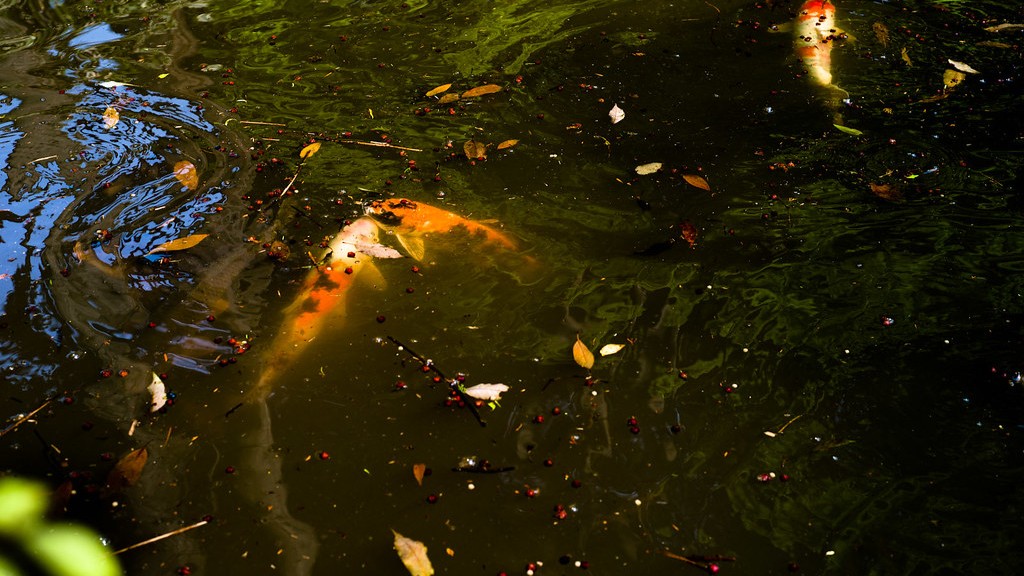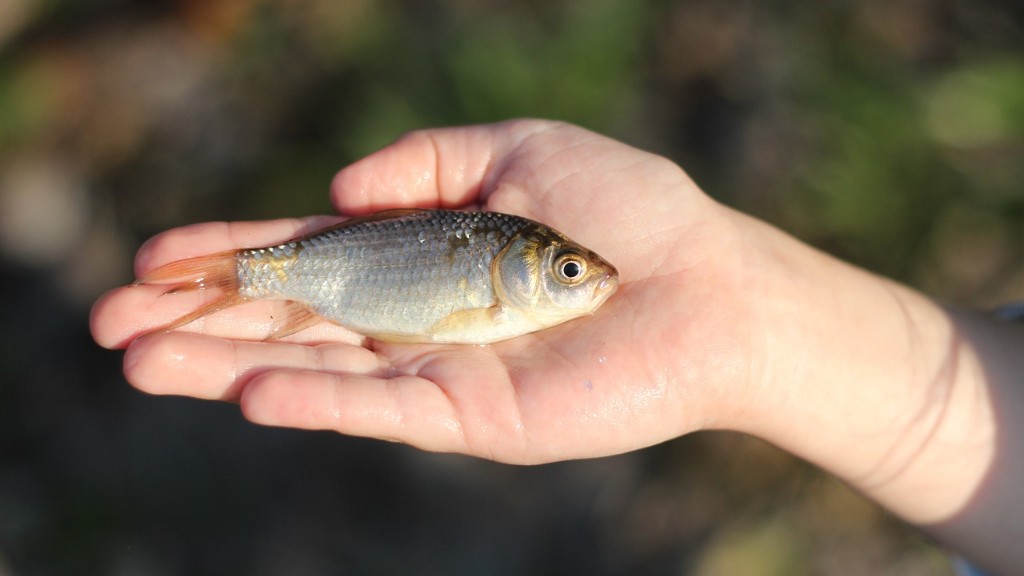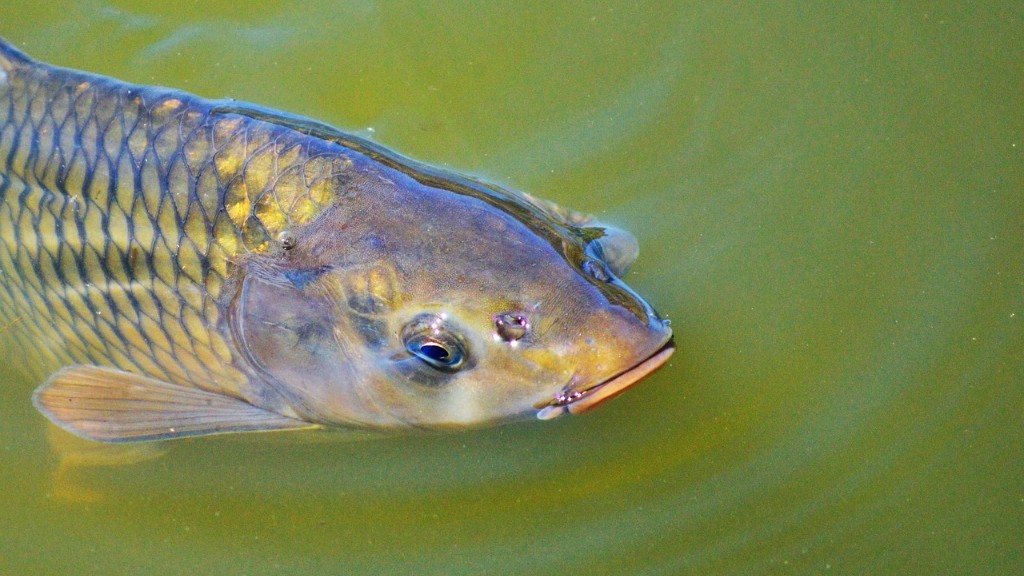Do Grass Carp Like Warm Water?
Introduction
In the realm of aquatic organisms, understanding the preferred temperature range of various species is crucial for their survival and optimal growth. The grass carp (Ctenopharyngodon idella), a freshwater fish widely known for its herbivorous feeding habits, has been subject to investigation regarding its preference for warm water. The purpose of this article is to delve into the relationship between grass carp and water temperature, shedding light on their behavior, growth, and overall well-being.
Behavioral Response to Water Temperature
Water temperature significantly influences the behavior of grass carp. In colder waters, these fish tend to become sluggish and less active. This decreased activity level may limit their feeding ability and disrupt key biological processes such as digestion and reproduction.
At warmer temperatures, however, grass carp exhibit increased activity levels and are more likely to engage in feeding behaviors. This phenomenon can be attributed to the direct effect of temperature on metabolic rates. As water warms, the metabolic rate of fish rises, leading to elevated energy requirements. Consequently, grass carp actively seek out warmer waters to satisfy their increased metabolic demands.
Impact on Growth and Development
The preference for warm water among grass carp is not solely related to behavioral reasons but also has a direct impact on their growth and development. Research studies have consistently shown that grass carp reared in warmer water tend to exhibit enhanced growth rates. The accelerated growth can be primarily attributed to optimal metabolic rates achieved in warm water, supporting efficient nutrient utilization and energy allocation towards tissue growth.
Furthermore, warmer temperatures often lead to increased forage availability and nutrient supply in aquatic ecosystems. This abundance of food resources further contributes to the rapid growth of grass carp. Given their herbivorous nature, grass carp rely heavily on consuming aquatic vegetation, and higher water temperatures promote the growth and proliferation of these food sources.
The Role of Physiology
From a physiological perspective, grass carp possess certain adaptations that enable them to thrive in warmer water. These adaptations involve increased blood flow, elevated enzyme activity, and enhanced metabolic efficiency. Together, these mechanisms support the fish’s ability to tolerate and utilize warm water more effectively.
It is noteworthy to mention that while grass carp prefer warm water, extreme temperatures can be detrimental to their well-being. High water temperatures exceeding a certain threshold can induce thermal stress, compromising the overall health of the fish. Therefore, it is crucial to ensure that water temperatures remain within an optimal range to promote the flourishing of grass carp populations.
Anecdotal Evidence
Several anecdotes from fishery managers and researchers support the preference of grass carp for warm water. In various aquaculture facilities and natural habitats, observations have shown increased feeding activity and growth rates of grass carp during warmer seasons or in artificially heated environments. These findings align with the biological understanding of the species and provide empirical evidence for the significance of water temperature in the lives of grass carp.
Conclusion
In conclusion, grass carp, as herbivorous freshwater fish, demonstrate a pronounced preference for warm water due to its positive influence on their behavior, growth, and physiological functions. The interplay between temperature, metabolism, and forage availability dictates the overall fitness and well-being of grass carp populations. To foster healthy ecosystems and promote the growth of grass carp, it is essential to maintain water temperatures within the species’ preferred range while avoiding extremes that may induce thermal stress.


